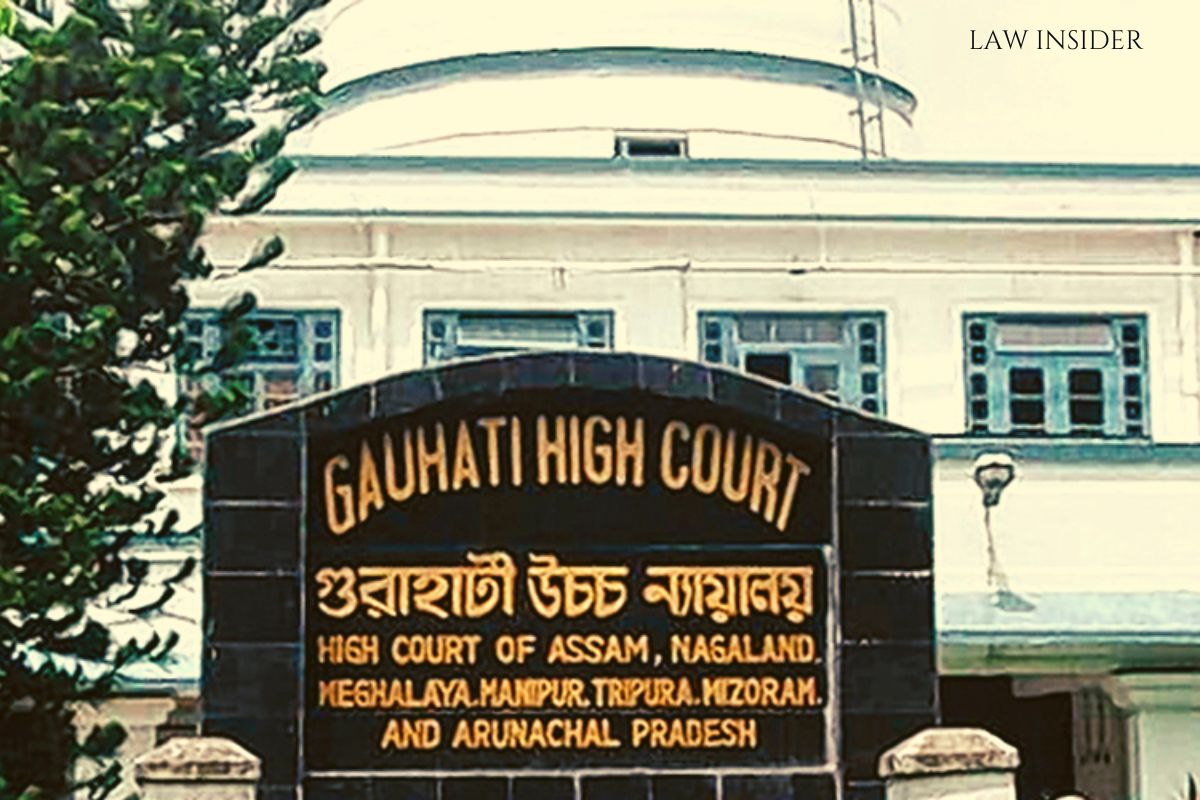LI Network
Published on: 30 September 2023 at 12:50 IST
The Gauhati High Court raised significant concerns regarding a recent public interest litigation (PIL) that requested the establishment of a separate prayer room for Muslims at Guwahati Airport. In the case of Rana Saidur Zaman v. Union of India and others, a Bench comprising Chief Justice Sandeep Mehta and Justice Susmita Phukan Khaund questioned the petitioner, who appeared without legal representation, about the potential public harm prevented by constructing a separate prayer room.
The judges inquired whether any fundamental rights would be violated by not creating such prayer rooms and stressed that India is a secular country, questioning the need for a prayer room for a specific community. The Chief Justice pointed out that designated spaces are available outside the airport for those who wish to pray.
The petitioner argued that some flights are scheduled during Muslim prayer times, to which the Chief Justice responded that individuals can choose flights that align with their prayer times, as airports offer such options. The petitioner noted that the Airports Authority of India rules address commercial establishments but not prayer rooms, to which the Chief Justice emphasized that prayer is not a commercial activity but a religious sentiment.
The petitioner questioned why Guwahati Airport lacks a prayer room when other airports like Delhi, Thiruvananthapuram, and Agartala have them. The Chief Justice countered by asking whether it constitutes a fundamental right and violation. He further questioned why only airports were being addressed and not all public institutions, suggesting that citizens can utilize places of worship for their religious needs.
The petitioner argued that airports can designate spaces for prayer rooms, similar to smoking rooms. The Chief Justice clarified that smoking rooms are meant to prevent harm to public health from smoking, making them a different case.
Ultimately, the Court declined to issue notice in the matter but granted the petitioner two weeks to provide relevant judgments and legal provisions in his favor, if any, after observing that he was not adequately prepared.

